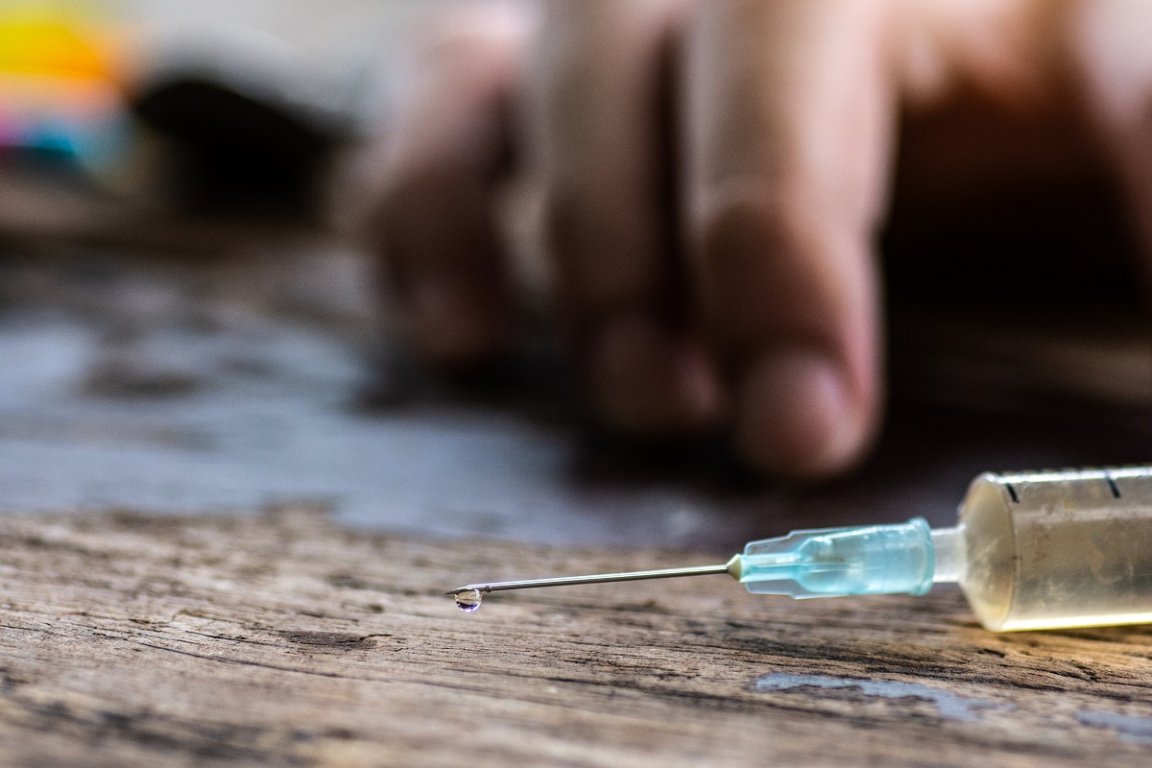
In a compelling demonstration of harm reduction in practice, a volunteer overdose counselor has described her experiences at a group that talks to people who may be on the brink of death from overdose — without shaming or judging them.
The group in question, Never Use Alone, is the subject of a moving Slate profile that follows one of its volunteers and the people she talks to as they navigate life and death.
The idea behind NUA’s hotline is simple: people who are using drugs by themselves — be they inhaled, injected, or otherwise — can call and speak to volunteers who are trained to identify overdoses over the phone, and who instruct users to leave doors unlocked for emergency services if need be. Thus far, the group says it has averted nearly 100 overdose fatalities.
At the heart of the profile is Jessica Blanchard, an ex-nurse in Georgia who was inspired to get into harm reduction by her daughter, an active user who had faced overdoses before.
Though it went against her nursing school education, the self-described “mama bear” said that she began letting her daughter use safely at her kitchen table following one such overdose — and anyway, the entire narrative that drug users were to blame “didn’t feel right” to her.
“I didn’t want [my daughter] to die,” Blanchard told Slate. “Every fucking thing I do is about her not dying. Then about her and her homie not dying. Now it’s about the entire town.”
After supplying clean needles for her daughter — another harm reduction tactic that even the CDC admits helps keep people alive and healthy — the volunteer began getting Narcan, the overdose-reversal inhalant spray, for her Georgia town. In her first shipment, another volunteer placed a card for Never Use Alone, then an even smaller organization that distributed calls via Google Voice numbers.
One such caller, Kimber King, described to Slate what it felt like the first time she spoke to Blanchard.
“I was wary to call,” King said. “I didn’t know what was going to happen with the police and stuff.”
Nevertheless, it felt like the prudent thing to do given that the younger woman had just gotten out of rehab, which as Blanchard reminded her put her drug tolerance in the gutter. That prudence was warranted: within five minutes, the NUA volunteer had to call emergency services to help King out.
The volunteer admits that the group she works with is far from a perfect solution, especially considering that there are only about 20 of them to field the roughly 250-300 calls they get per week — itself a drop in the bucket, given the National Institutes of Health estimated that in 2021 there were more than 100,000 drug overdose deaths in the United States alone.
In the face of a sprawling addiction crisis with new fronts ranging from fentanyl to xylazine, a small band of dedicated volunteers may seem ill-matched. To Blanchard, though, it’s worth it.
“Did I ever see myself doing this? No,” Blanchard admitted. “This is enabling — it enables health.”
If you or a loved one needs help, you can call Never Use Alone at 1-800-484-3731.
More on overdoses: A Naloxone Vending Machine Has Reversed Nearly 1,000 Overdoses, Researcher Says